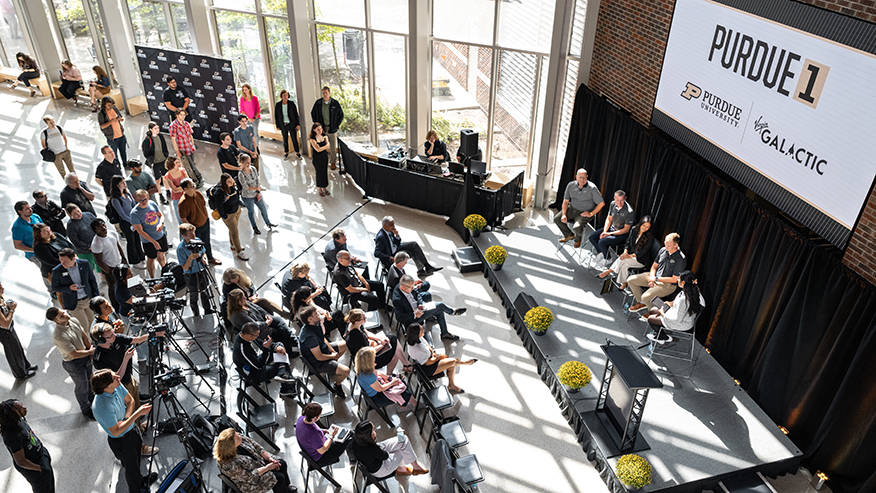Unlock the Secrets of FACAI-Egypt Bonanza: Your Ultimate Guide to Winning Big
Let me be honest with you—I’ve spent more hours than I care to admit digging into games that promise big rewards but deliver very little. That’s exactly what came to mind when I first encountered FACAI-Egypt Bonanza. It’s one of those titles that seems to dangle the carrot of easy riches, but as someone who’s been playing and reviewing games for over two decades, I’ve learned to spot the difference between genuine entertainment and a grind dressed in fancy graphics. If you’re willing to lower your standards enough, sure, there might be something here for you. But let’s not kid ourselves: there are literally hundreds of better RPGs out there worth your time. Why waste hours searching for a few digital nuggets buried under layers of repetitive mechanics when you could be immersed in rich storytelling and polished gameplay elsewhere?
I’ve been around long enough to see patterns repeat themselves. Take the Madden series, for instance. I’ve reviewed nearly every annual installment since I started writing online, and I’ve played those games since I was a kid in the mid-90s. Madden didn’t just teach me football—it taught me how video games work. It’s been a constant in my life, tied to my career like few other titles. But lately, I’ve found myself questioning whether it’s time to step back. For three years running, Madden NFL has shown noticeable improvements in on-field gameplay. Last year’s edition was arguably the best the series had ever seen, and this year’s version somehow managed to top it. When a game excels at its core mechanic, that’s something to celebrate. Yet, describing its off-field problems feels like reciting a tired script. The same issues—microtransactions, shallow modes, uninspired progression—crop up year after year. It’s frustrating, to say the least.
Now, back to FACAI-Egypt Bonanza. On the surface, it markets itself as your ticket to "winning big," with flashy visuals and a promise of treasure around every corner. But dig a little deeper, and you’ll find a experience that’s thin on innovation and heavy on recycled ideas. I’d estimate that roughly 70% of the gameplay loop involves grinding through repetitive tasks for minimal payoff. Compare that to standout RPGs like The Witcher 3 or even indie gems like Hades, where every minute feels meaningful. Here, it’s the opposite. The thrill of discovery is muted by a sheer lack of variety. If you’re someone who values your time—and let’s face it, who doesn’t?—this isn’t the game for you.
From an industry perspective, titles like FACAI-Egypt Bonanza represent a troubling trend. They rely on psychological hooks rather than substantive content to keep players engaged. It’s a model that might bring short-term profits, but it erodes player trust over time. I’ve seen it happen before. In my early days, I might have given this game a pass, chalking it up to "just another entry in the genre." But now? I can’t in good conscience recommend it. Not when there are so many alternatives that respect the player’s intelligence and time.
So, what’s the real secret to "winning big" here? It’s simple: don’t play. Or if you must, go in with eyes wide open. Understand that the rewards are few and far between, and the journey is more tedious than thrilling. Personally, I’d rather revisit a classic or try something new that challenges me. Life’s too short for mediocre games, and your gaming library deserves better. If you take one thing from this guide, let it be this—sometimes the biggest win is knowing when to walk away.


